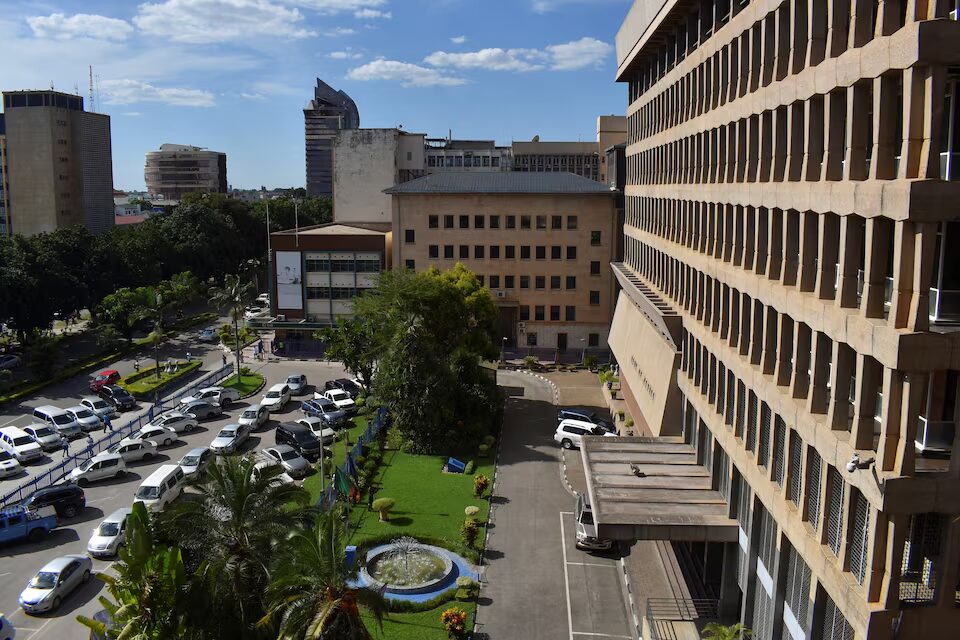
Thursday, 21st August 2025

By inAfrika Reporter
Twenty-five years after switching on commercial services on 15 August 2000, Vodacom Tanzania marks a milestone built on long-term investment and impact. Over TSh4.5 trillion has been invested in digital infrastructure and services to date, expanding coverage to more than 95% of the population and serving 26+ million subscribers. FY2025 performance underscores the momentum: service revenue rose 20.5% to TSh1.52 trillion; mobile data revenue climbed 21.6% to TSh422.2 billion as data users and smartphone adoption surged. Profit after tax increased 69.4%, reflecting disciplined execution and demand for high-quality connectivity.
Airtel Africa and Vodacom Group have agreed to share key infrastructure—initially fibre networks and mobile towers—in Tanzania (as well as Mozambique and DRC), subject to regulatory approvals. Practically, sharing lowers duplicate build costs, accelerates rural and peri-urban rollout, improves resilience, and raises average speeds as traffic is more efficiently spread across pooled assets. For businesses, this means faster activation of new sites, more predictable SLAs, and improved last-mile options for branch, warehouse, clinic, school, and hospitality footprints. For consumers, it translates to stronger 4G/5G signal availability and fewer “dead zones.” The operators have framed the deal as a way to speed digital inclusion while keeping prices competitive through lower capex and opex.
The timing aligns with clear, data-led demand signals. Vodacom’s FY2025 results show mobile data revenue up 21.6% and fixed data revenue up 36.7% as more homes and enterprises connect; 4G carried over 80% of Vodacom’s data traffic following sustained capacity upgrades. This growth sits alongside continued voice usage and a diversified M-Pesa ecosystem, giving Tanzania a robust base of users ready to benefit from denser, more reliable networks—exactly what sharing is designed to deliver.
In parallel, Vodacom leadership has engaged Tanzania’s central bank on the digital ecosystem and regulatory priorities. This dialogue is happening against a stable framework anchored in the National Payment Systems Act (2015) and Electronic Money Regulations (2015), alongside continuing consumer-protection measures highlighted in the Bank of Tanzania’s Payment Systems reporting. In practical terms, further regulatory refinement typically focuses on transparency and safety (clear disclosures, fee visibility), proportionate risk controls (tiered KYC, transaction limits), and interoperable rails (such as instant payments) that keep costs low for merchants and consumers. For operators and fintech partners, clearer rules reduce compliance friction, speed product approvals, and encourage responsible innovation in areas like merchant payments, digital credit, and cross-network transfers.
For enterprises, these developments converge with tangible benefits. Shared infrastructure reduces time-to-service and enhances redundancy for retail and industrial corridors; refined payment rules support safer, lower-cost acceptance of digital payments in stores, clinics, and transport hubs; and expanding fixed-wireless and fibre backbones enable cloud, IoT, and data-heavy workflows. Vodacom’s acquisition of Smile Communications Tanzania for spectrum access further strengthens 4G capacity—important as data traffic and smartphone penetration continue to rise.
Vodacom’s 25-year journey has been purpose-led: invest in quality networks, enable inclusive digital finance, and partner to accelerate coverage. With network-sharing poised to speed rollout and central-bank engagement sharpening the rules that underpin digital transactions, the next chapter is about scale and reliability—so that every consumer, startup, school, and hospital can trust the network that powers their daily life and growth. The numbers already point the way; the partnerships and policy dialogue ensure momentum is sustained


